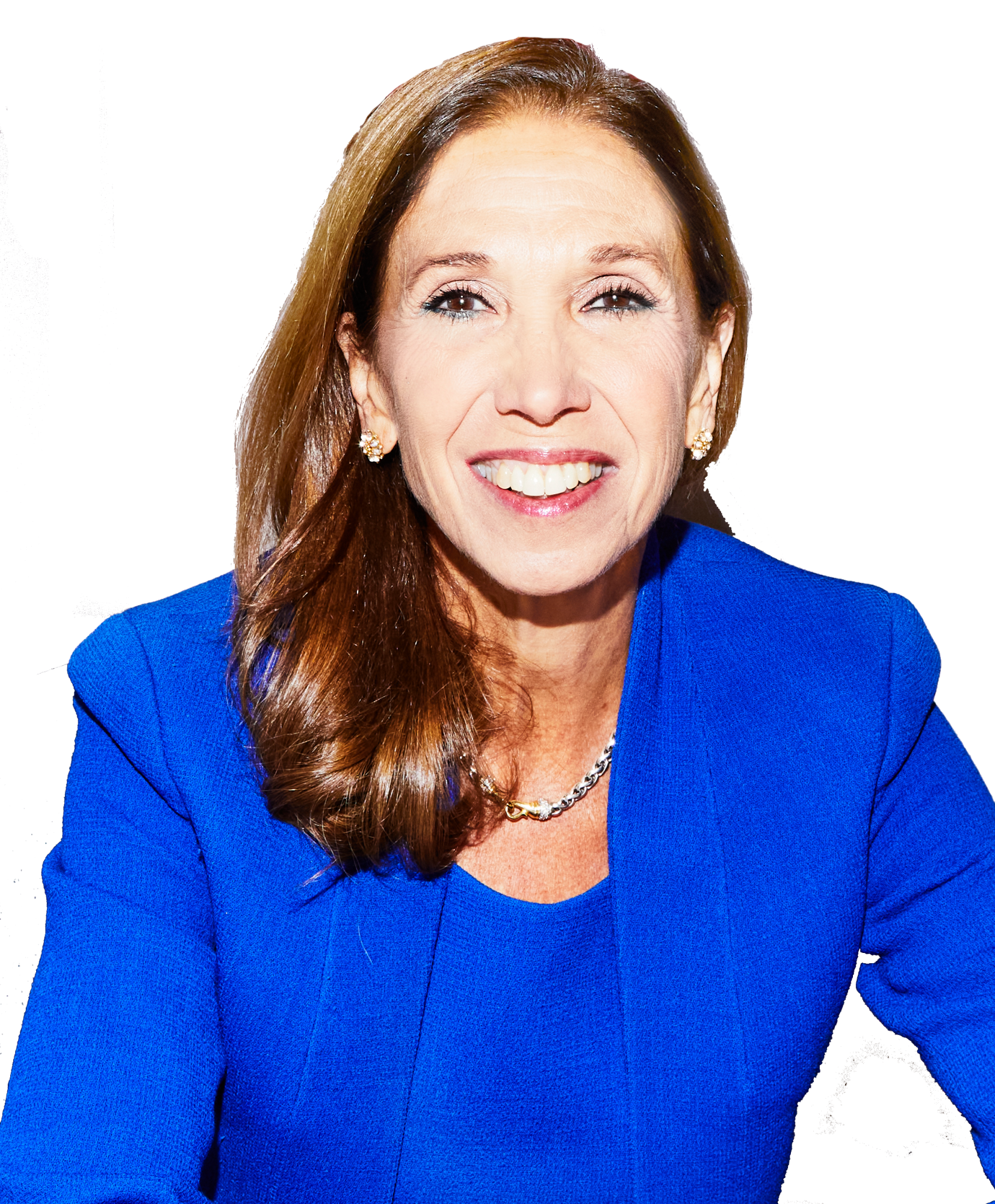Statement of Assemblymember Amy R. Paulin on the Final Report of the Metropolitan Transportation Sustainability Advisory Workgroup
I am grateful to have served as one of the two appointments made by Speaker Carl Heastie to the Metropolitan Transportation Sustainability Advisory Workgroup. As Chair of the Committee on Corporations, Authorities, and Commissions, I possessed a fair amount of knowledge of the organizational and funding challenges of the Metropolitan Transportation Authority. But the experience of the past few months has provided me with a fuller understanding of the full scope of issues that has driven the MTA to its current state, as well as the myriad challenges that will need to be overcome in order to provide reliable, fast, and efficient mass transit throughout the Greater New York City region.
I deeply appreciate the senior leadership team of the MTA, who presented an unvarnished, warts-and-all depiction of the scope of the problem to our Workgroup, including how the authority’s internal culture, processes, and structure has contributed to past mistakes and current frustrations. Freddy Ferrer and Pat Foye have said time and again that they are open to any and all reasonable steps to regain the public’s confidence. I continue to be comforted by the energy and vision of new presidents Catherine Rinaldi of the Metro-North Railroad, Phillip Eng of the Long Island Railroad, and Andy Byford of the New York City Transit Authority. Last but by no means least, I commend my fellow members of the Workgroup for their hard work, their frankness, and their dedication, and especially our chair Kathryn Wylde, whose painstaking diligence, patience, and leadership has resulted in this comprehensive report.
By now, anyone following the MTA knows the overlapping issues that led to such a crisis point in terms of service, infrastructure, and funding. The signal system the subway relies on pre-dates World War II, and the Grand Central Station train shed that the Metro-North utilizes was built before World War I. Through the past few decades, the MTA’s commitment to keep the system in a state of good repair and to modernize has not always been ironclad. There have been many questionable investment decisions in past capital programs and too many years of underinvestment.
Because of this history and the current level of frustration, the MTA needs to convince straphangers, commuters, and taxpayers that this time will be different. To this end, the report lays out a number of recommendations for reforming the authority, streamlining its processes, and providing more accountability and transparency to the public. These include independent audits of cost estimates, a true partnership between labor and management on cost containment, and more creative and entrepreneurial ideas around procurement. I intend to convene a committee hearing to explore these recommendations in mid-January.
The report also accurately portrays the need for urgent action. Unless we make hard choices this year, the system will continue to deteriorate and become even more of a drag on the lives and livelihoods of New Yorkers, our economy, and our way of life in the region. If we cannot fund Andy Byford’s Fast Forward plan, any progress on train delays due to malfunctioning decades-old signals will take decades. A failure to prioritize major renovations to Grand Central Station or the Park Avenue Viaduct, which was constructed in 1893 and is in urgent need of replacement, will lead to major safety concerns for the Metro-North trains in a matter of years. Those communities already suffering by being in transit deserts, be they in Queens or the upstate fringes of the MTA region, will only see their own commutes further decline as the central business district of Manhattan clogs up even further as more and more commuters give up on the subway.
Without proper investment and improvements, today’s crisis would be tomorrow’s catastrophe. The stakes are simply too high to kick the can down the road any more. The MTA needs sustainable funding to meet this moment of challenge.
The report makes strong recommendations on congestion pricing. I have personally been a supporter of congestion pricing since it was first discussed in the Legislature a decade ago. Now, with the MTA in urgent need of funding and traffic congestion worse than ever, I believe it is an absolute necessity, and I hope to make the case to my colleagues in the Assembly.
Our report presents many additional options for sustainable funding, and I know the Assembly will approach these options with an open mind. This report is honest the scope of the problem, so it is only appropriate for it also to be honest about how we solve it.Â
With this Workgroup’s charge complete, it is up to the Governor and the Legislature to do everything in my power to make sure the MTA has the sustainable funding it needs and the accountability New Yorkers deserve as it moves forward to tackle this crisis.